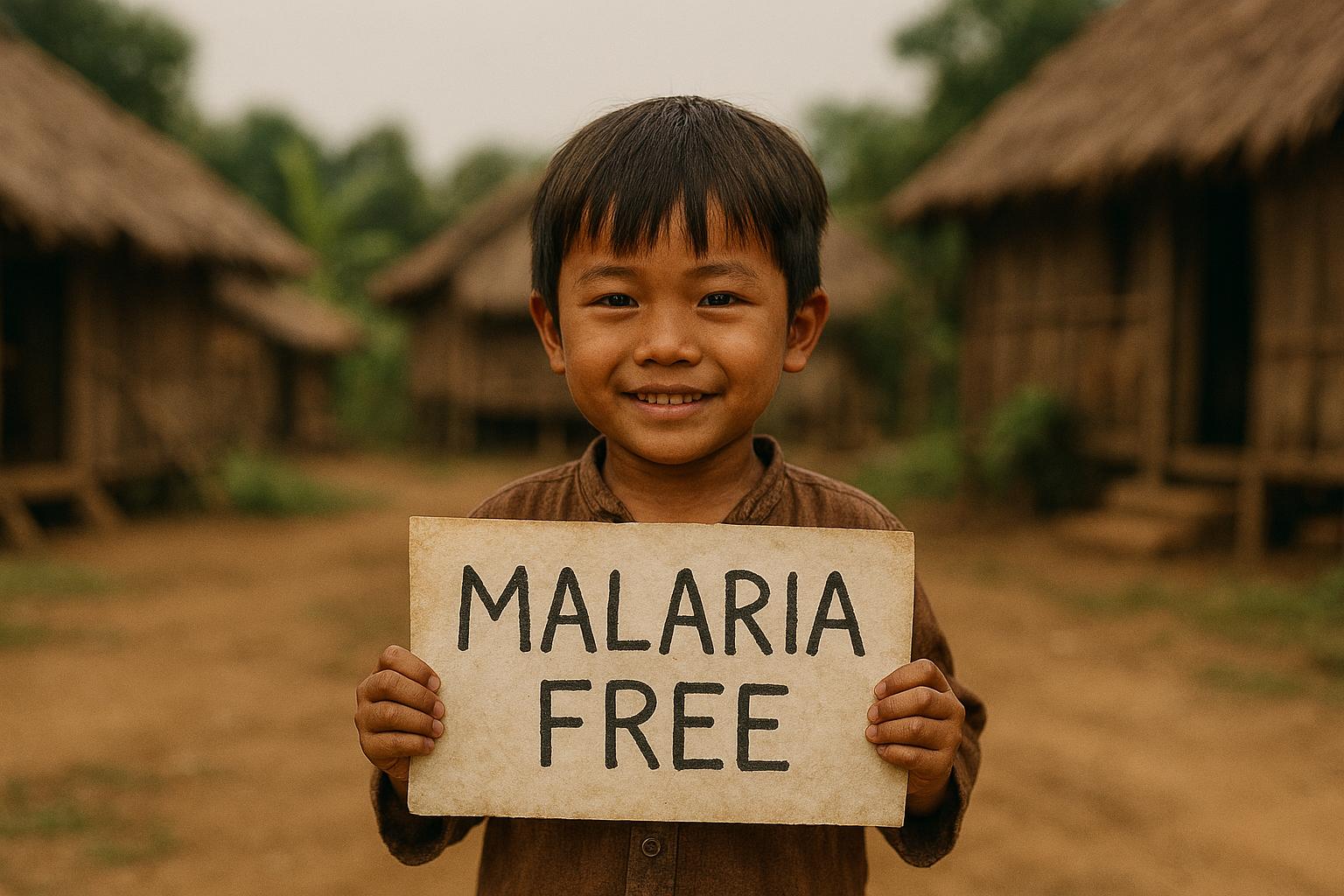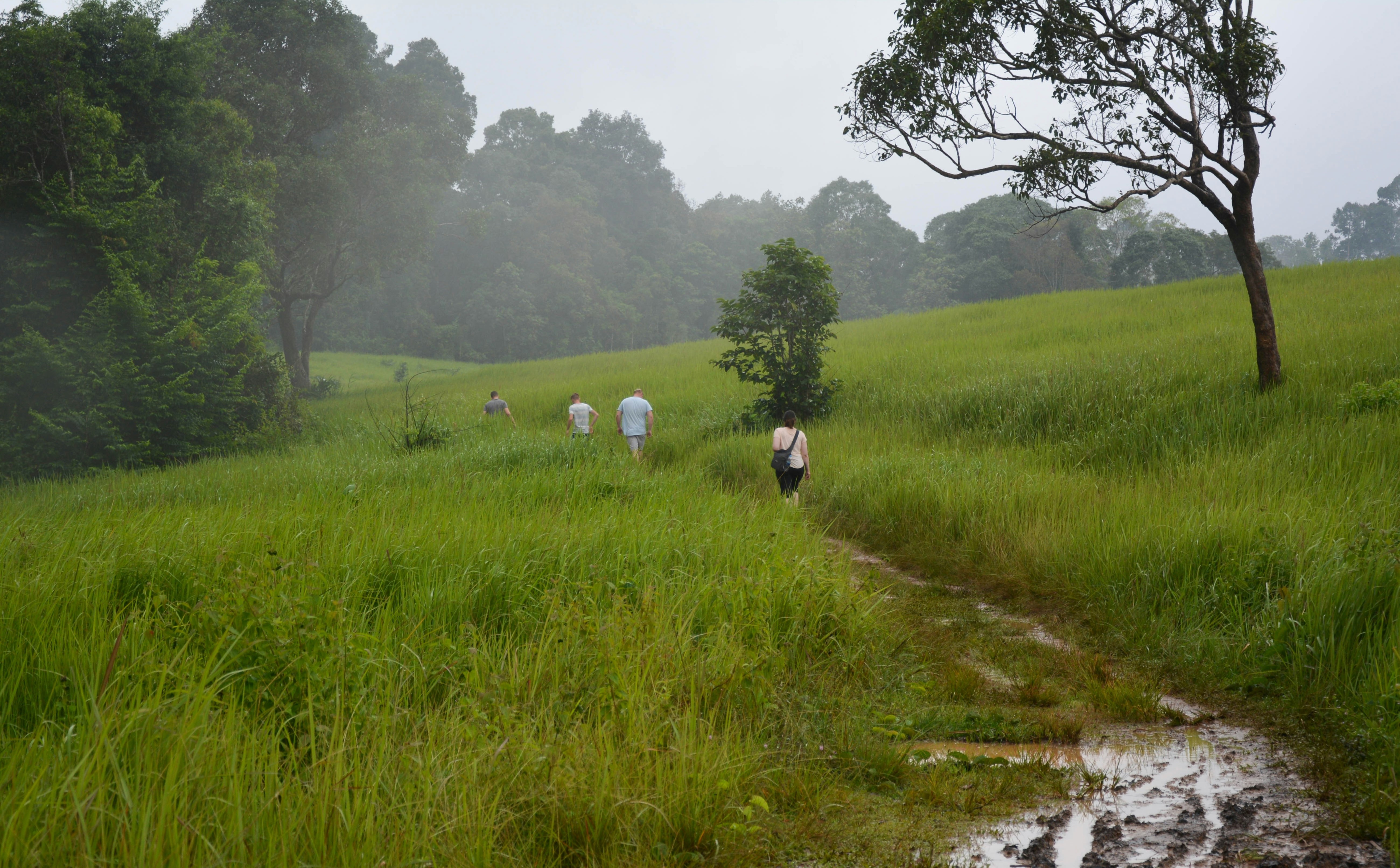
August 20th is World Mosquito Day, a time to remember that over one billion people in Asia Pacific remain at risk of malaria and other mosquito-borne diseases. Vulnerable groups, like migrant populations on the Thai-Myanmar border, are most at risk of these diseases.
The Shoklo Malaria Research Unit (SMRU) provides quality health care to marginalised populations in both countries through research and humanitarian services. APLMA recently spoke with Professor François Nosten, a medical doctor and the Director of SMRU for nearly 40 years, to learn more.
What is the current malaria situation at the Thai-Myanmar border?
In general, malaria in the Greater Mekong Subregion has been on the decline. However, what we have seen over the last few years is the number of P. vivax malaria cases increasing. Around 90% of the total cases we have seen in the border areas of Myanmar and Thailand are P. vivax cases.
Additionally, the last two years, P. falciparum malaria is re-emerging in some areas. The resurgence of P. falciparum malaria in Myanmar now after the COVID crisis and the political situation is an unfortunate step backwards.
Now, the situation is not a disaster yet, but this could develop into something major. It depends on factors which are not medical or biological, but political.

What are the main challenges to improving the malaria situation at the border? What are the solutions?
According to the research work on P. vivax SMRU has done in the past five years, we can assume that most of the malaria cases we see now are relapse cases. This means the patients had malaria previously but were unable to completely eliminate the parasite because of the liver stages, leading to them suffering subsequent bouts of the disease.
"To solve this problem, we need access to a more effective drug: tafenoquine." - Professor François Nosten, Director, Shoklo Malaria Research Unit
Unlike the current drug primaquine, tafenoquine has the advantage of requiring only a single dose to both treat and prevent relapse of malaria. And unlike other innovations such as vaccines for P. vivax which are years and years away from being a reality, tafenoquine is a known drug that has been around for many years.
Tafenoquine is relatively expensive and cannot be administered to people with G6PD deficiency. Still, tafenoquine is registered in the United States, Australia, Canada, and Brazil. The Thailand Food and Drug Administration has also registered tafenoquine, but approvals for usage have not gone beyond pilot studies - so we can’t have it, we can’t import it, we can’t use it.
It is a question of ethics and priorities, but right now we should be ensuring tafenoquine and the G6PD tests are placed in the hands of trained healthcare workers in villages where the need is greatest.

What is SMRU doing to support people in the border areas, especially migrants?
NGOs like SMRU will not let people be without healthcare. We have helped clinics to increase access in outskirt areas, and the Thai health system is very tolerant in not asking people their legal documents to before providing treatment. So, in a way, the situation for migrants on the Thai-Myanmar border is much better than in other places. However, because of the ongoing situation and insecurity in the population, there are no precise figures on how many people move from place to place.
Still, we are trying to maintain the effort towards malaria control and elimination. It's our duty to treat it, even without tafenoquine. We are also training villagers to control malaria by themselves. This is what we've done in more than 1500 villages since the year 2000. But the prospect for the next year is linked to the political situation. If the fighting, insecurity, and population movement continues, malaria and other diseases will only get worse.
How can we eliminate malaria on the Thai-Myanmar border and in the region?
"I'm only repeating what some old malariologists said more than 60 years ago which is still true: if you want to get rid of malaria, it has to be done by the people. By the villagers, village by village." - Professor François Nosten, Director, Shoklo Malaria Research Unit
This situation in Myanmar is actually a threat for the region. Because communicable diseases, by definition, do not care about borders. It's going to spillover. So, what we have to do is make it possible for villagers, communities, farmers -- any group of human beings -- to be able to deal with the malaria problem by themselves.
We have to give them the means to diagnose and treat the disease, which is not difficult. But if they don't have tafenoquine, it's going to be hard to control P. vivax. We must also recognise that eliminating P. vivax and P. falciparum malaria will require very different approaches. And beyond that, if they are in the middle of a civil conflict or they are fighting, then nothing will work.
And so, my main message is to make sure that the people have the means to diagnose their malaria disease by themselves, where they live, and treat it.

This interview has been edited for length and clarity.
Thank you to Professor François Nosten for this excellent interview. Learn more about the Shoklo Malaria Research Unit and their important work: https://www.shoklo-unit.com/
.svg)




.jpeg)




